|
Chaired by Mr. Koichiro Agata, this session dealt with institutions in Public Administration. The presenters for this session are: Mr. Azwar Abubakar and Mr. Muhammad Yusuf Ateh.
In the paper Relationship of Policy Actors in Collaborative Governance Model for Combating Corruption in Indonesia, Mr. Abubakar mentioned the that the failure of corruption eradication efforts may be attributed to a number of factors - including the absence of inter-institutional collaboration among concerned offices. He stressed that the very law enforcement agencies mandated to deal with corruption are often involved in conflicts when handling corruption cases. Thus, the study aimed to analyze the patterns of relations in corruption prosecution in Indonesia and the impact of the said relations. Furthermore, the study also aimed to look into collaborative governance as a model for corruption prosecution. The research was conducted by means of a qualitative approach, with data collection methods in the form of in-depth interviews, focus group discussions, and review of existing statistics. Results show that the relationship among corruption prosecution agencies in Indonesia is particularly affected by factors such as stakeholder integrity, leadership style, and political conditions. Meanwhile, in The Impact of Performance Management on Government Effectiveness and Efficiency: Indonesian Case, Mr. Ateh shared that their study focused on the impact of performance management implementation on the effectiveness and efficiency of the government budget use, especially in the local government. Currently, there is a growing demand for a results-oriented government not only in developed countries, but in developing countries as well. In Indonesia, there exists a Government Institution’s Performance Accountability System, also known as SAKIP, which was established to create professional, results-oriented and accountable government institutions through the application of performance management principles, performance-based budgets, and performance measures. The study utilized a qualitative approach in looking into the effect of SAKIP implementation in the efficiency and effectiveness of budget utilization. In conclusion, Mr. Ateh shared that as a system that integrates planning, budgeting and performance management, SAKIP had a positive impact on improving the effectiveness and efficiency of budget management. In detail, SAKIP helped improve work procedures, organizational structure, performance achievement, and performance accountability capabilities.
2 Comments
Chaired by Professor Carl Marc Lazaro Ramota, this session focused on ethics. The presenters for this session are the following: Mr. I Made Bram Sarjana, Ms. Audrey Legodi and Mr. Puguh Prasetya Utomo.
In the presentation entitled Questioning Decentralization System iun Managing Public Sector Integrity in Indonesia, Mr. Sarjana provided a critique of public sector ethics under a decentralized government set-up. He discussed how trust is an important element in ensuring public sector integrity - since it is a precursor of participation and development. Unfortunately, in his review of literature of decentralization - Mr. Sarjana revealed that decentralization was used as political tool to serve certain interests and for different motives (e.g., serving interests of colonial authority, consolidation of government powers, shortening of chain of command). He provided a brief narrative on the case of Indonesia's decentralization. In the end, he did not offer a definitive solution in his paper, but left the problem-solving aspect for the policymakers and political officials to consider. In Contributing Factors for an Optimized Advisory Role by South African Municipal Audit Committees (AC) - An Exploratory Approach, Ms. Legodi's preliminary study looked into the performance of ACs and the various factors that affect their effectiveness to hold government officials to account for the exercise of authority adn use resources. Ms. Legodi argued that municipalities are supposed to provide quality services and promote socioeconomic development, and yet, this is not the case with most municipalities in South Africa. Ms. Legodi’s study is largely exploratory, with Ronald Coase’s theory of the firm as an overarching framework for analysis. In her preliminary findings, Ms. Legodi found that there are actually several factors on top of compliance to audit recommendations that affect municipal audit committees. She related that she will be conducting an empirical study to verify and support her initial findings. Lastly, Mr. Utomo presented Heterogeneity of Resistance Strategies: The Absence of Discretion and the Role of Organizational Attribute Combinations. His presentation mainly dealt with the institutional response of selected local schools in Indonesia to conflicting demands and policies that govern student admissions. Gleaning from contemporary institutional theories, Mr. Utomo’s study considered the backdrop of institutional complexity, characterized by contradicting and overlapping institutional demands and policies. He argued that organizations respond to complexity in various ways, i.e., compromise, avoidance, deviance, and manipulation, among others. Among the many findings, the study revealed that schools indeed showed different levels of resistance. Based on this, Mr. Utomo underscored the importance of structuring organizational development and change management approaches to eliminate or at least reduce resistance. He also emphasized that the focus of these strategies need to be organizational identity. Chaired by Ms. Ambar Widaningrum, this session focused on public service delivery. The presenters for this session were Dr. Yumi Hinohara, Mr. Izzul Reza and Mr. Edmar Villar.
For the paper entitled Globalization of the Healthcare Services Sector: Employing Foreing Physicians in National Strategic Special Zones in Japan, Dr. Hinohara stated that her study aimed to examine the significance of the international movement of healthcare service workers and the challenges associated with it. She provided a policy context - citing articles of the Medical Practitioners’ Act, which restrict the practice of medicine only to those who have Japanese medical license. In several countries including United Kingdom and Singapore, the dynamics of cross-national adjustments in medical licenses facilitate an active international movement of physicians. She ended her presentation by concluding that the increase in foreign residents in Japan has given light to the need to restructure and diversify the conventional healthcare system in the country. Meanwhile, Mr. Reza's presentation was on the Integrated Tourism as a Way to Gain More Tourists in Indonesia. His research presented that while Indonesia's tourism sector make up a big portion of contribution to the national economy, the tourism sector faces several challenges hindering its potential to benefit the country more. Hence the need to further improve on it. The results of the study indicate that integrated tourism would require the establishment of Destination Management Organization in every province in Indonesia, the provision of Tourism Information Centers, the creation of integrated modes of transportation, and the construction of a set of robust infrastructure. Lasly, in the paper One Town One Product (OTOP) in the Ilocos Region: Partnering Development in the Countryside, Mr. Villar's study focused on the OTOP Program that was launced in the Philippines in 2004 - thereby fostering entrepreneurship and boosting employment. Dr. Villar stated that his study aimed to assess the contribution of the One Town One Product projects as partners in accelerating development among local government units (LGU) in Region I. Chaired by Mr. Makhdum Priyatno, the session focused on people in the field of Public Administration. The presentations for this session were done by the following individuals:
On 18 September - the third day of the annual international conference of EROPA, a plenary session was chaired by Commissioner Prijono Tjiptoherijanto of the Indonesia Civil Service Commission. The topic was "Phronetic Leadership in Responding to Global Megatrends". The speakers were I Gde Pitana, of the Ministry of Tourism of Indonesia, District Head Hasto Wardoyo of Kulon Progo of Indonesia and Dr. Alex B. Brillantes, Jr. of the University of the Philippines.
|
2018 EROPA CONFERENCE BULLETINThis page contains news articles from during the conference proper of the 2018 EROPA Conference. ArchivesCategories
All
|
- Home
- About
-
Publications
- Public Administration News
-
ARPA
>
- ARPA Scope and Objectives
- ARPA Editorial Board
- ARPA Call for Papers
- Submit Article
-
ARPA Open Access
>
- India (2020-2023, Vol. 31, Nos. 1&2, pg. 4-22)
- Nepal (2020-2023, Vol. 31, Nos. 1&2, pg. 23-46)
- Vietnam (2020-2023, Vol. 31, Nos. 1&2, pg. 47-67)
- China (2020-2023, Vol. 31, Nos. 1&2, pg. 68-79)
- South Korea (2020-2023, Vol. 31, Nos. 1&2, pg. 80-99)
- Bangladesh (2020-2023, Vol. 31, Nos. 1&2, pg. 100-119)
- USA (2020-2023, Vol. 31, Nos. 1&2, pg. 120-141)
- Abstracts >
- Publication Ethics and Malpractice Statement
- Notes for Contributors
- Journal Indexing
- EROPA Bulletin >
- Resources >
- Membership
-
Conferences
-
Activities
- #TAG Dialogue
- Contact Us
- Home
- About
-
Publications
- Public Administration News
-
ARPA
>
- ARPA Scope and Objectives
- ARPA Editorial Board
- ARPA Call for Papers
- Submit Article
-
ARPA Open Access
>
- India (2020-2023, Vol. 31, Nos. 1&2, pg. 4-22)
- Nepal (2020-2023, Vol. 31, Nos. 1&2, pg. 23-46)
- Vietnam (2020-2023, Vol. 31, Nos. 1&2, pg. 47-67)
- China (2020-2023, Vol. 31, Nos. 1&2, pg. 68-79)
- South Korea (2020-2023, Vol. 31, Nos. 1&2, pg. 80-99)
- Bangladesh (2020-2023, Vol. 31, Nos. 1&2, pg. 100-119)
- USA (2020-2023, Vol. 31, Nos. 1&2, pg. 120-141)
- Abstracts >
- Publication Ethics and Malpractice Statement
- Notes for Contributors
- Journal Indexing
- EROPA Bulletin >
- Resources >
- Membership
-
Conferences
-
Activities
- #TAG Dialogue
- Contact Us

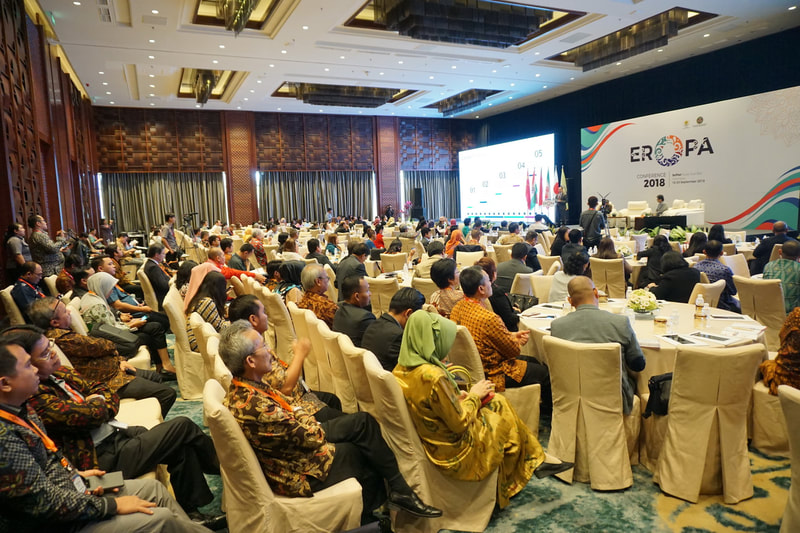
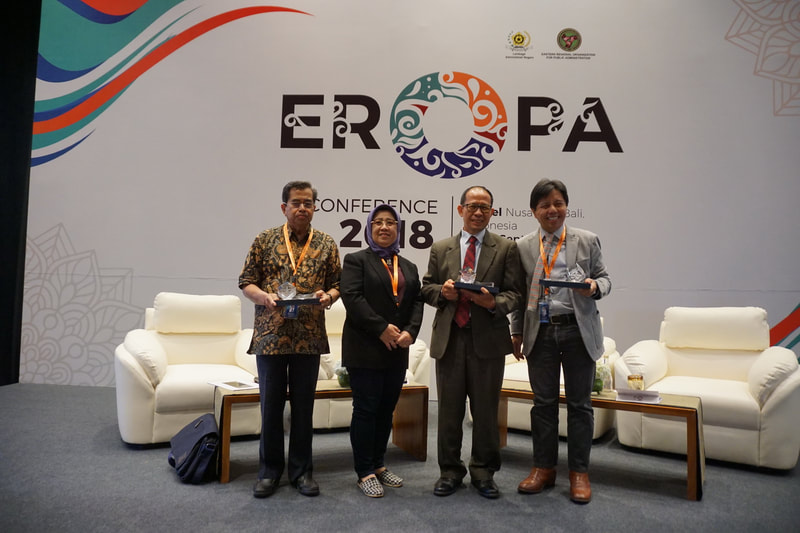
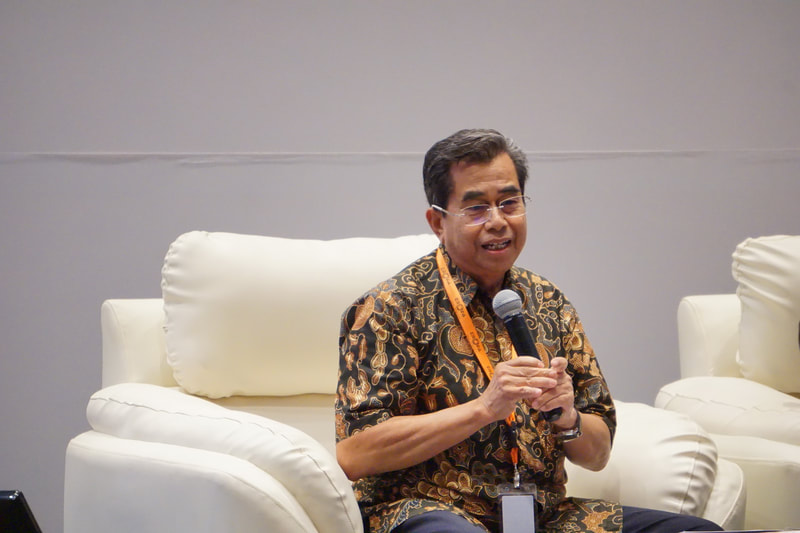
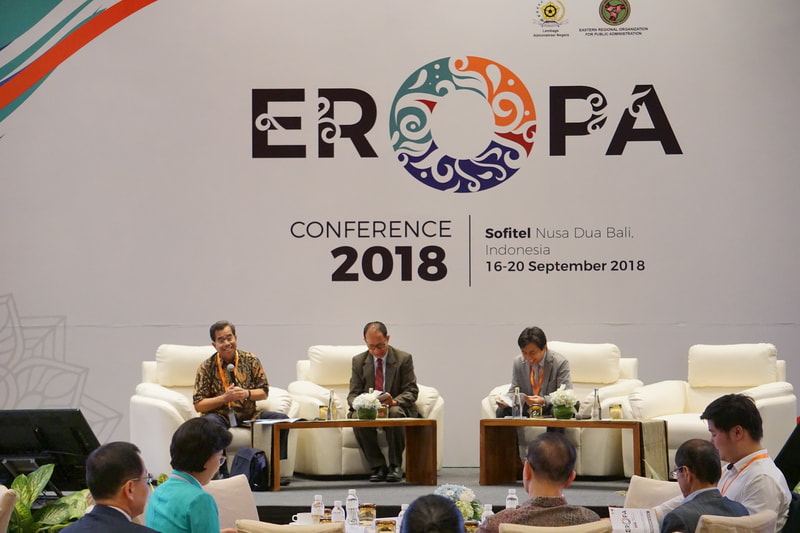
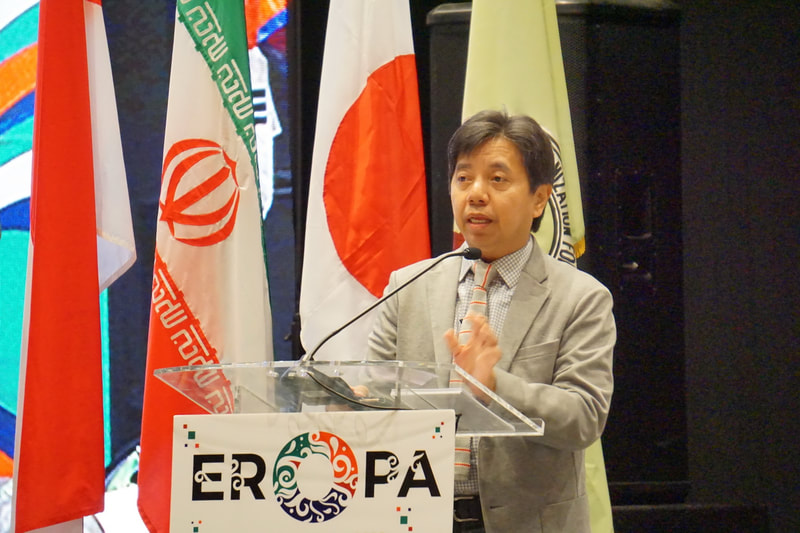
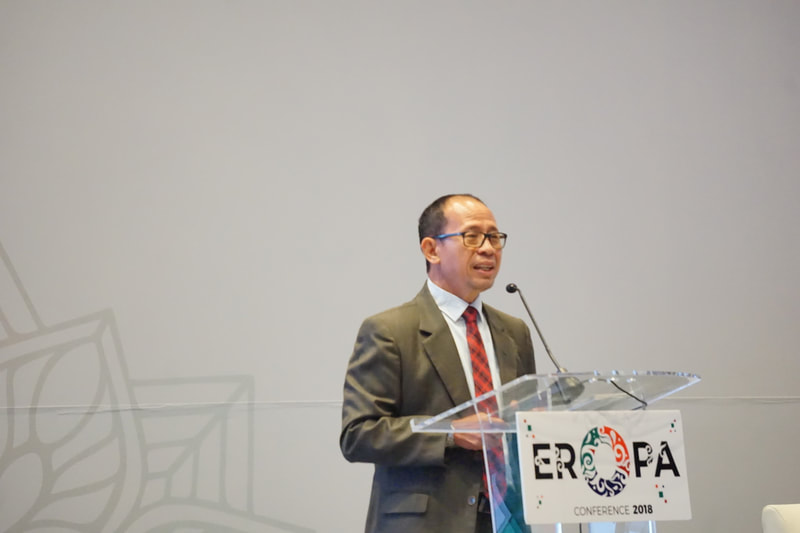
 RSS Feed
RSS Feed